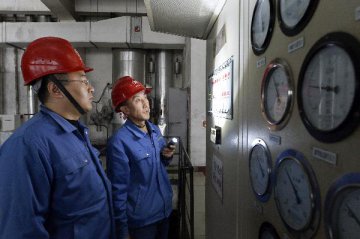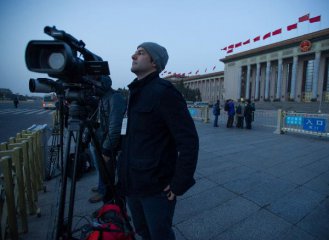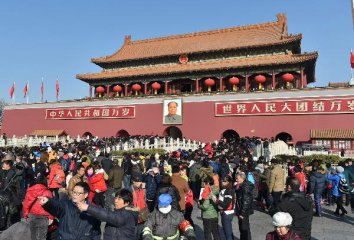The East African Community (EAC) partner states are on course to integrate their capital markets, Kenya's financial market regulator said on Monday.
The Capital Market Authority (CMA) Acting CEO Paul Muthaura told a forum in Nairobi that integration will ensure mutual recognition of partner states' capital markets through adoption of common certification standards.
"There is strong political commitment to make sure EAC integration is achieved as soon as possible," Muthaura said. "Market intermediaries in any of the EAC states will be able to operate and trade securities across the EAC bloc," he said during the launch of the Capital Markets Certification by the Chartered Institute for Securities and Investment.
EAC member states include Kenya, Uganda, Tanzania, Rwanda and Burundi. However Burundi is yet to form a capital market. Regarding harmonization of the legal framework across the trading bloc, the EAC council of ministers have finalized the first set of seven directives.
Another 12 directives have been agreed upon by member states' regulators and market intermediaries and are currently awaiting passage and adopting by EAC council of ministers.
Muthaura said that the region is currently operationalizing the EAC common market protocol where a capital market is one of the components. He said that the trading bloc is also hoping to develop a single capital market certification and standards across the region.
Currently, each country has different local exams for professionals in the capital markets. "We have among EAC regulators and stockbrokers who tried to develop a certification programme but we have not been able to progress in speed that is required," Muthaura said.
The four securities exchanges in the EAC are also working jointly to introduce a platform that will link them all together. According to the CMA, complete integration of the EAC capital markets will increase the scale of the capital markets. "Each of the national markets are too small to attract the minimum capital inflows of some international investment funds," he said.
























Latest comments